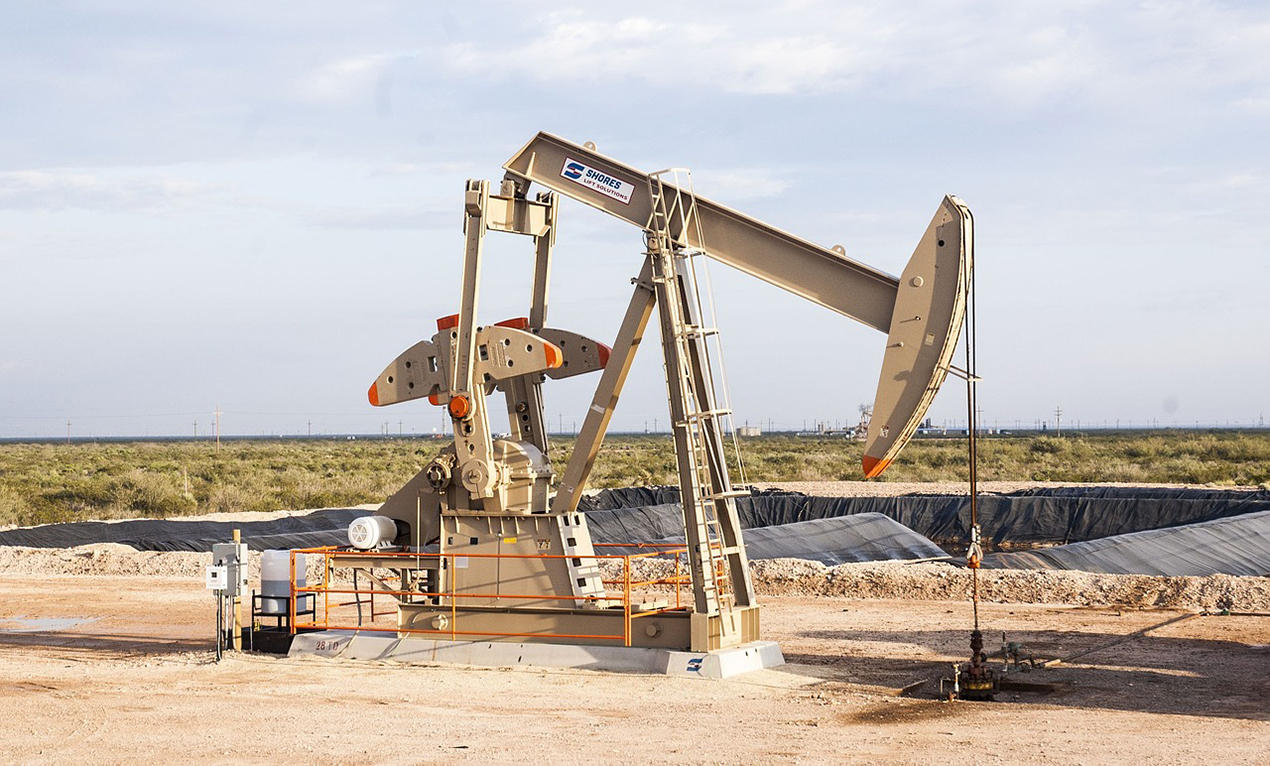News
UK: Global Oil will Run out and an Energy Crisis will Erupt in the next Five Years
According to the British
"Guardian" news, business leaders such as Branson, founder of the
famous British private enterprise Virgin Group, recently stated that the world
will run out of oil and an energy crisis will break out in the next five years,
which will be more serious than the credit crunch crisis.
Branson said: "We will face another
crunch in the next five years - the oil crunch. This time we have the
opportunity to prepare. The current challenge is to seize the time."
British companies joining Branson include Scottish Southern Energy Group,
Transport operator Stagecoach is among those who will publish a report on the
oil crisis and make submissions to British officials this week.
A consultant involved in the oil crisis
report pointed out that the economic recession has slightly delayed the
outbreak of the oil crisis, but it is expected that as early as 2012 to 2013,
or no later than 2014 to 2015, oil prices will rise sharply, damaging economic
growth and causing economic Into chaos.
Although many oil giants such as BP and
Exxon Mobil insist that there is no need to worry about the oil crisis, at the
recent World Economic Forum in Davos, Desmaret, CEO of the French oil company
Total, pointed out that "peak oil "(Peak oil) The problem does exist.
In the future, global oil production can only barely increase by 10%, reaching
more than 95 million barrels per day. The "Peak Oil" theory holds
that after global crude oil production reaches its peak, production capacity
will gradually decline.
Earlier, insiders pointed out that the
International Energy Agency (IEA) deliberately kept a low profile in response
to the "peak oil" theory in order to avoid causing panic in the stock
market. It is reported that the IEA predicted in 2005 that oil production would
reach 120 million barrels per day by 2030, and then gradually reduce to 116
million barrels, and last year it was lowered to 105 million barrels. In
November last year, the Guardian quoted news saying that the IEA provided
inaccurate data on the energy crisis. However, governments such as the United
States and the United Kingdom largely based their response policies on this
data.

